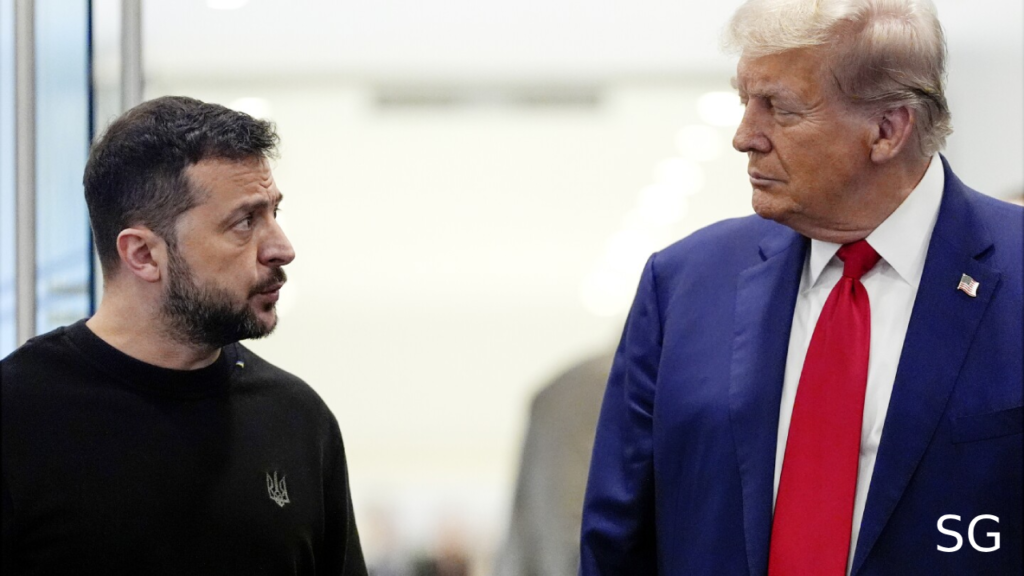Table of Contents

Trump Team Adjusts Expectations for Resolving Ukraine War
Campaign Promises vs. Reality
President-elect Donald Trump’s team has tempered initial campaign promises to resolve the Ukraine conflict on “Day One” of his presidency. Advisers now concede that achieving peace will likely take months or longer, acknowledging the complexities of the conflict and the challenges of forming a new administration.
Optimistic Timelines Revised
Retired Lieutenant-General Keith Kellogg, Trump’s incoming envoy for Russia-Ukraine relations, suggested a 100-day timeline for resolving the war. However, experts like John Herbst, former U.S. ambassador to Ukraine, describe this as overly optimistic, citing the need to pressure Russian President Vladimir Putin to compromise.
Shift in Rhetoric
Trump’s campaign declarations about a swift resolution evolved during the transition period. By late October, Trump adjusted his language to solving the war “very quickly” and has since removed specific timelines from his statements, acknowledging the difficulty of resolving the conflict compared to other foreign policy issues.
Russian Stance
Russia’s recent battlefield gains have bolstered its negotiating position. While the Kremlin expressed openness to direct talks with Trump, it dismissed some of his advisers’ proposals as impractical. Analysts suggest Putin may prefer to delay negotiations while seeking more territorial control.
Proposed Peace Plan Elements
Although details remain under discussion, key elements of a potential Trump peace plan reportedly include:
- Freezing the current battle lines.
- Postponing NATO membership for Ukraine.
- Establishing a demilitarized zone patrolled by European forces.
However, these ideas face skepticism from Moscow and international experts.
Early Diplomatic Efforts
Kellogg postponed a planned visit to Kyiv, citing concerns about the Logan Act, which limits private citizens from engaging in foreign negotiations. Meanwhile, Trump’s incoming administration continues to clarify roles and responsibilities within the State Department and National Security Council, further delaying a cohesive peace strategy.
Complexities of the Conflict
The Ukraine conflict remains a significant test of Trump’s foreign policy ambitions. Campaign promises have run up against the realities of entrenched geopolitical disputes, making a quick resolution highly unlikely. Both Russia and the U.S. face challenges in finding common ground for a durable peace agreement.